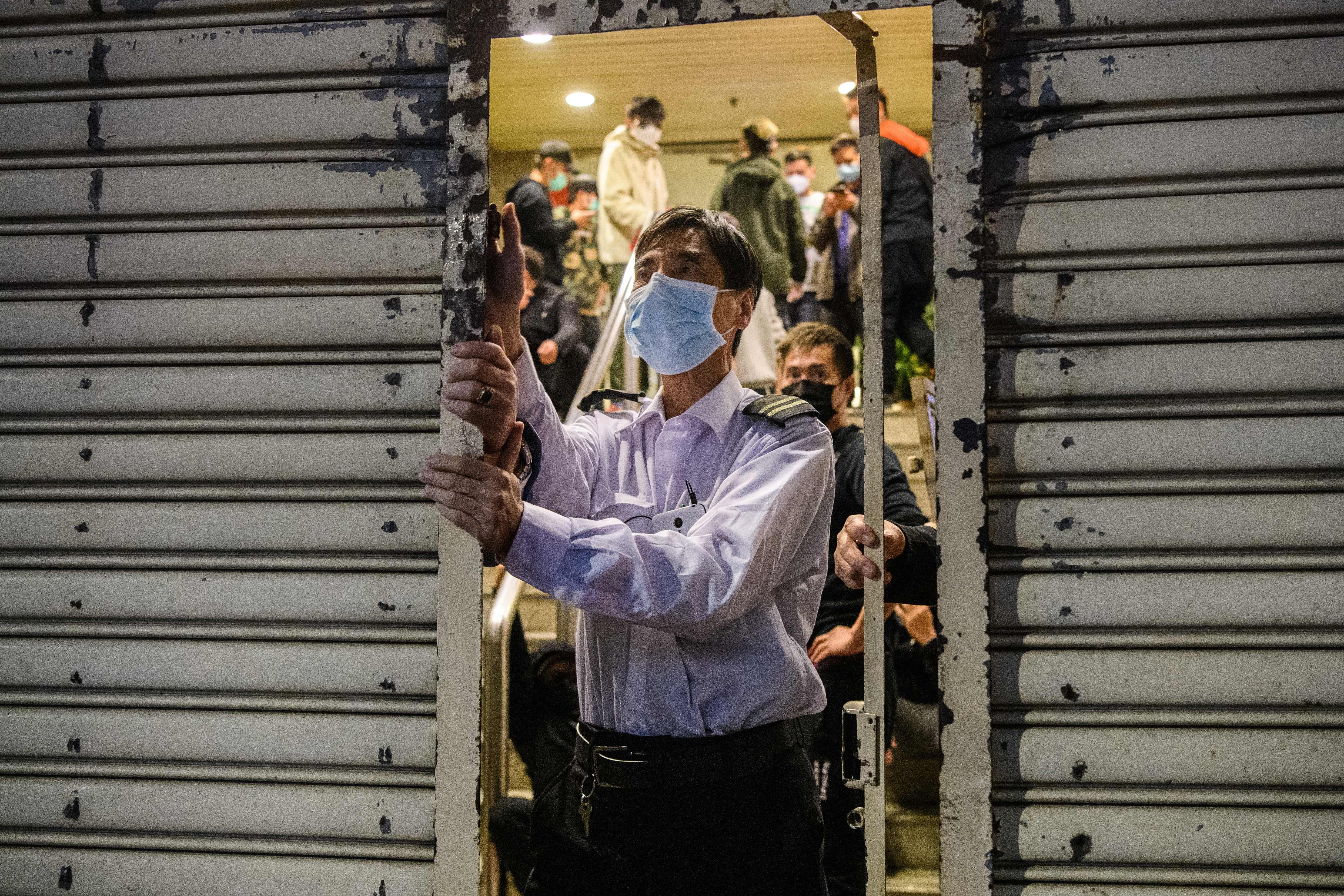There are times when we should expect the system to reach a tipping point – the "Minsky Moment" – when a boom and a bubble turn into a crash and a bust. Such events are not about the "unknown unknowns" but rather the "known unknowns".
For starters, the US is locked in an escalating strategic rivalry with at least four implicitly aligned revisionist powers: China, Russia, Iran and North Korea. These countries all have an interest in challenging the US-led global order and 2020 could be a critical year for them, owing to the US presidential election and the potential change in US global policies that could follow.
Other things to check out:
Fiscal, natural, viral - Japan's GDP shrinks dramatically after a tax rise and a typhoon |

ECONOMISTS STILL puzzle over Abenomics, the experimental mix of policies introduced by Japan's prime minister, Abe Shinzo, seven years ago, in an effort to ward off the country's deflation and stagnation. But two lessons are clear. Japan's bond market is remarkably docile. And its households are painfully sensitive to increases in the consumption tax, a broad value-added tax imposed on many of their purchases.
The tax increase was an unforced error. The government faces no immediate need for additional revenue. Despite gross debt nearing 240% of GDP, its borrowing remains absurdly cheap. The yield on a ten-year government bond is stuck at about zero, where the country's central bank, the Bank of Japan (BoJ), has pegged it since 2016. That peg obliges the BoJ to buy as much government debt as necessary to keep long-term interest rates low.
American Compass: Economics with People Included | National Review

What is missing from our public debates is a distinctively conservative approach to economics. The modern right-of-center coalition is the product of the "fusionism" that joined economic libertarians with social conservatives and Cold War hawks in an era when the defeat of Communism was of preeminent importance to all three. Having for decades outsourced their economic thinking to libertarians, conservatives now watch from the sidelines as classical liberals (i.e.
Tom Del Beccaro: Obama never understood the 'magic wand' let alone economics, and

President Barack Obama famously asked candidate Donald Trump, “What magic wand do you have?” when speaking about Trump’s plan to revive the economy. Three years into his presidency few argue that the economy isn’t doing well -- and the magic wand is plain for all to see.
Big government proponents like Obama and the lot of Democrat 2020 presidential aspirants will never understand that the magic wand is the American people -- if only government would get out of their way. That is what Trump has done -- reduced government interference -- and, in response, American ingenuity and hard work (now less hampered) has produced greater prosperity. They did the same when Coolidge, Kennedy, Reagan and Bush 43 reduced taxes as well.
Many things are taking place:
Coronavirus Economic Toll Grows in Asia and Europe

Despite China's insistence that the rate of new infections is stabilizing, alongside an ostensible return to business earlier this month, the economic damage is most apparent inside China. Some sectors, like automobiles, are still all but shuttered as factories deal with worker absences and supply chain shortages and most car dealers remain closed.
"It seems increasingly likely that February will prove to be an economic write-off for China," said the commodities consultancy Wood Mackenzie in a note.
The incredible shrinking bank - HSBC undergoes yet another overhaul.

LAST AUTUMN the board of HSBC asked Egon Zehnder, an executive-search firm, to find it a new chief executive. The bank had fired John Flint in August, after just 18 months in the job, for being too shy about pursuing profits. The bank then dodged the decision, appointing Noel Quinn, an experienced, no-nonsense insider, only on an interim basis. Mr Quinn had made it clear he wanted the job permanently.
Yet six months on his appointment is less certain. On February 18th HSBC, Europe's largest bank by assets, unveiled results that fell short of already pale expectations. Hobbled by write-downs of $7.3bn (mainly, at its global investment bank and European commercial bank), its profit slumped by a third in 2019, to $13.3bn. Its return on tangible equity (RoTE), a standard measure of profitability, slipped to 8.4%, down from 8.6% in 2018. Investors reckon that 10% or so is par.
Bloomberg - Are you a robot?
Economists warn coronavirus risk far worse than realized - Axios

What's happening: The number of confirmed cases has already far outpaced expectations and even those reports are being viewed through a lens of suspicion that the Chinese government is underreporting the figures.
Driving the news: Of the 364 companies that have held Q4 earnings calls, 138 cited the term "coronavirus" during the call, and about 25% of those included some impact from the coronavirus or modified guidance due to the virus, according to FactSet.
Happening on Twitter
The white swan harbingers of global economic crisis are already here | Nouriel Roubini https://t.co/3xHJzA0GjW guardian (from London) Wed Feb 19 07:24:45 +0000 2020
My new column argues that 2020 could be as bad a year as those of the Global Financial Crisis. Serious geopolitical… https://t.co/mGSqnzGgHU Nouriel (from New York) Mon Feb 17 20:10:51 +0000 2020
The stock market is ignoring these 'white swan' events that could upend everything, Roubini warns https://t.co/pH9r9WEVZ5 Nouriel (from New York) Tue Feb 18 22:15:51 +0000 2020
Nouriel Roubini: Financial markets remain blissfully in denial of the many predictable global crises that could com… https://t.co/UlGPa5060H TheBubbleBubble (from Dallas, TX) Mon Feb 17 22:09:00 +0000 2020

No comments:
Post a Comment